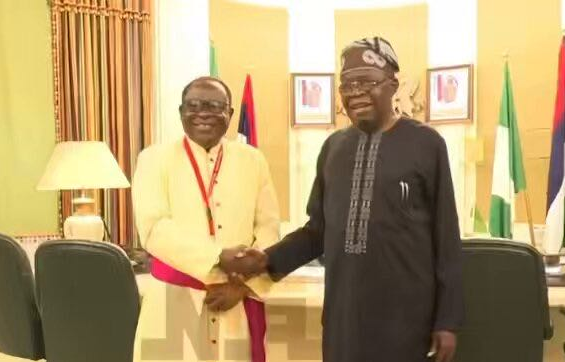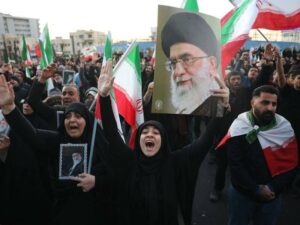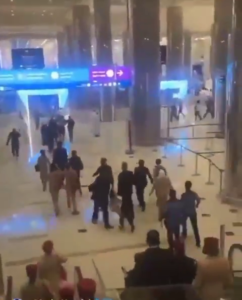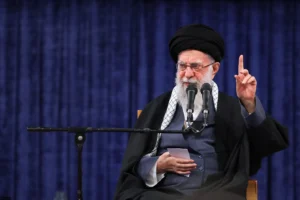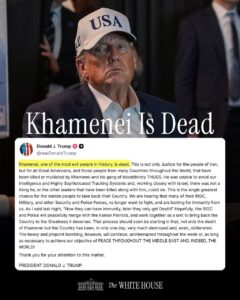The Nigerian Presidency has addressed the recent claims made by Bishop Matthew Kukah, the Catholic Bishop of Sokoto, regarding President Bola Tinubu’s role in signing the peace accords before the 2023 presidential elections. The peace accords, facilitated by the National Peace Committee (NPC), are essential agreements that presidential candidates sign, committing themselves to peaceful elections and a willingness to accept the results, regardless of the outcome. This initiative has been crucial in reducing political violence and maintaining stability during Nigeria’s electoral processes.
Bishop Kukah, speaking at a security-focused town hall meeting in Benin City ahead of the Edo gubernatorial election, expressed concern that President Tinubu had not participated in this vital peace process. During his speech, Kukah mentioned, “What is also very interesting is that the current president, when he was a presidential candidate, did not sign. It wasn’t our fault that the political opposition didn’t take advantage of it.” These comments immediately sparked public debate, with many questioning whether Tinubu, now the sitting president, had indeed bypassed the peace accord.
The peace accord, designed and overseen by the NPC, is a two-part agreement signed by presidential candidates. The first agreement commits all candidates to a free, fair, and credible election. It seeks to prevent electoral violence, curb hate speech, and ensure peaceful campaigns. The second part of the accord, signed just before election day, requires candidates to pledge that they will accept the official election results, as declared by the Independent National Electoral Commission (INEC), without resorting to violence or undemocratic means to challenge the outcome.
For Nigeria, which has a history of politically motivated violence during elections, this peace accord is seen as a critical step toward maintaining order and building trust in the democratic process.
In a detailed response, Bayo Onanuga, Special Adviser to the President on Media and Strategy, refuted Bishop Kukah’s claim, stating that President Tinubu had indeed signed both peace accords. Onanuga emphasized that Tinubu demonstrated his commitment to peaceful elections by participating fully in the peace process.
According to Onanuga, the first accord, which focused on ensuring peaceful campaigns and preventing electoral violence, was signed on September 29, 2022. Tinubu was represented by Vice President Kashim Shettima, who signed on his behalf, as Tinubu was occupied with other official engagements. Shettima, a close ally and running mate of Tinubu, was seen as a suitable representative, and his participation was in full compliance with the requirements of the NPC.
Onanuga further clarified that on February 23, 2023, President Tinubu personally signed the second accord, which called on all candidates to accept the results of the election. This signing was seen as a critical moment, as it reinforced the candidates’ commitment to democracy and the peaceful transfer of power, regardless of the outcome. Tinubu’s personal participation in this second accord demonstrated his dedication to the democratic process and a peaceful Nigeria.
The Presidency’s swift rebuttal of Kukah’s comments highlights its sensitivity to issues surrounding the election. Political observers have noted that the peace accords were widely seen as one of the key measures that helped to prevent major violence during the 2023 elections, making Kukah’s claims a matter of serious public interest. By confirming that Tinubu signed both accords, the Presidency seeks to affirm its leader’s commitment to upholding democratic values and ensuring peace in the electoral process.
In light of this clarification, it is evident that President Tinubu was actively engaged in promoting peace during the 2023 election period. His signing of the peace accords helped to set a tone of political maturity and encouraged other candidates to follow suit.
The controversy surrounding President Tinubu’s involvement in the peace accord has been put to rest with the Presidency’s firm response. The peace accords remain an essential part of Nigeria’s democratic journey, and the participation of all presidential candidates, including President Tinubu, reflects their collective responsibility to ensure free, fair, and peaceful elections. With both accords signed, Tinubu demonstrated his commitment to Nigeria’s peace and stability, contributing to a relatively peaceful election season in 2023.
As Nigeria moves forward, the role of the peace accords will continue to be vital in reducing tensions and fostering a culture of peaceful elections. The Presidency’s clarification ensures that the public is well informed about the facts, and it reaffirms the importance of leadership accountability during elections.
